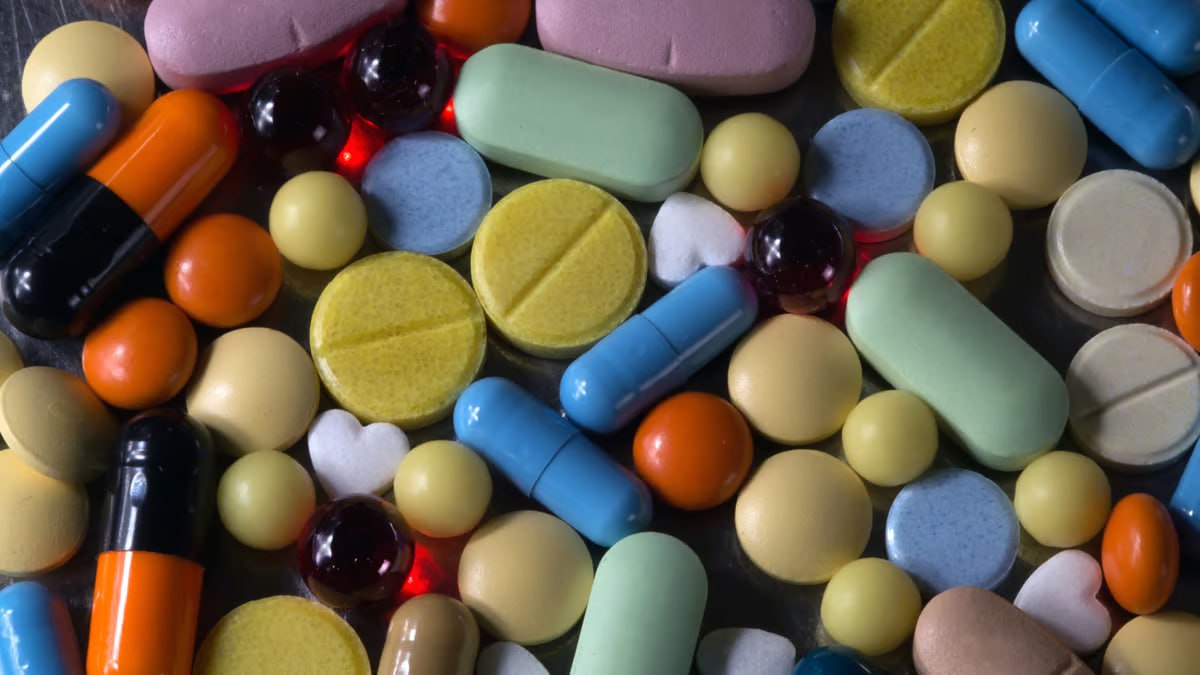Express View on government direction on Indian drug standards: A partial remedy
The government’s directive, last week, asking medicine manufacturers to abide by WHO standards, is a much-needed move. In less than a year, at least three serious adverse incidents have dented the country’s reputation as a reliable source of inexpensive generics. In October 2022, more than 60 children in Gambia died after kidney complications, allegedly caused by cough syrups made by the Haryana-based Maiden Pharmaceuticals. Less than three months later, another cold remedy, manufactured by Marion Biotech in Noida, was blamed for the deaths of 19 children in Uzbekistan. In March, authorities in Cameroon incriminated a batch of cough medicines produced by an Indore-based firm for at least 12 fatalities. The WHO has regularly flagged concerns about the quality of Indian generics and has found toxic content in seven Indian-made cough syrups. Surveys by Indian authorities have also revealed serious shortcomings in at least 160 pharma units. But the country’s policymakers have prevaricated on addressing regulatory loopholes. They have, instead, resorted to piecemeal solutions such as cancelling the licences of violators — or denying complicity as in the Gambia case. Enforcing the WHO’s protocols should be the first step in an urgently needed regulatory overhaul of the pharma sector.
According to health ministry data, less than 20 per cent pharma units in the country have WHO certification. Studies have shown that the major companies outsource their production to MSME outfits, where quality is often compromised for cost. Poorly-staffed and under-resourced state regulatory bodies find it hard to deal with the ways of these firms whose supply chains regularly involve fly-by-night operators. Investigations into the Maiden Pharma case, for instance, revealed that Haryana’s drug monitoring department was functioning with less than 40 per cent of its sanctioned staff strength. Drug inspectors are often tasked with administrative work related to the cancellation and renewal and inspection of licences. Scrutiny of drugs for safety and efficacy suffers as a result. The country has 29 state government-run and two Central drug testing laboratories. By all accounts, this isn’t enough.
Experts have, for long, demanded a database on inspections and violations that alerts regulatory authorities, healthcare institutions and doctors. There is, for example, very little information in the public domain about the procedures followed during the investigations conducted in the wake of the recent cough syrup-related deaths. The regulatory system must now put its house in order, eliminate opacity and make procedures robust.
